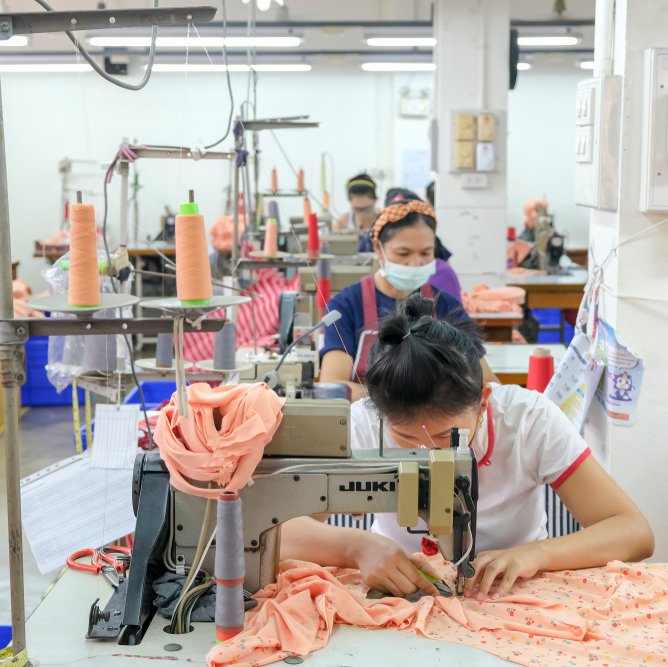Burmese workers at Thai garment factory bring "landmark" lawsuit against Tesco over alleged "sweatshop conditions"

Shutterstock
"Most people don’t know about Mae Sot. The same trends found in other supplying markets are there, however; namely a jurisdiction where the rule of law is weak, where wages and labour conditions are substandard, and where union access is denied. Add to that that the workers are entirely migrants with little to no legal protections and this constitutes very much the wild west of the global supply chain, largely unknown to consumers. All of these are factors that tend to attract brands rather than repel them. This is a dynamic that needs to change."David Welsh, Thailand Country Director, Solidarity Center
"In Mae Sot compared with the rest of Thailand there are a lot of illegal factories. There’s a limited rule of law and also there are a lot of labour rights violations in the factories."Naing Aung Aung, Arakan worker organisation leader
Tesco faces a landmark lawsuit in the UK from 130 former workers at VK Garment Factory (VKG), who are suing them for alleged negligence and unjust enrichment. The workers made jeans, denim jackets and other F&F clothes for adults and children for the Thai branch of Tesco’s business between 2017 and 2020.
Burmese workers that produced F+F jeans for Tesco in Thailand report being trapped in effective forced labour, working 99-hour weeks for illegally low pay in appalling conditions.
Workers accuse Thai police of conducting a sham investigation - a 'tick-box exercise' designed to 'clear the factory of allegations'.
It is believed to be the first time a UK company has been threatened with litigation in the English courts over a foreign garment factory in its supply chain that it does not own.